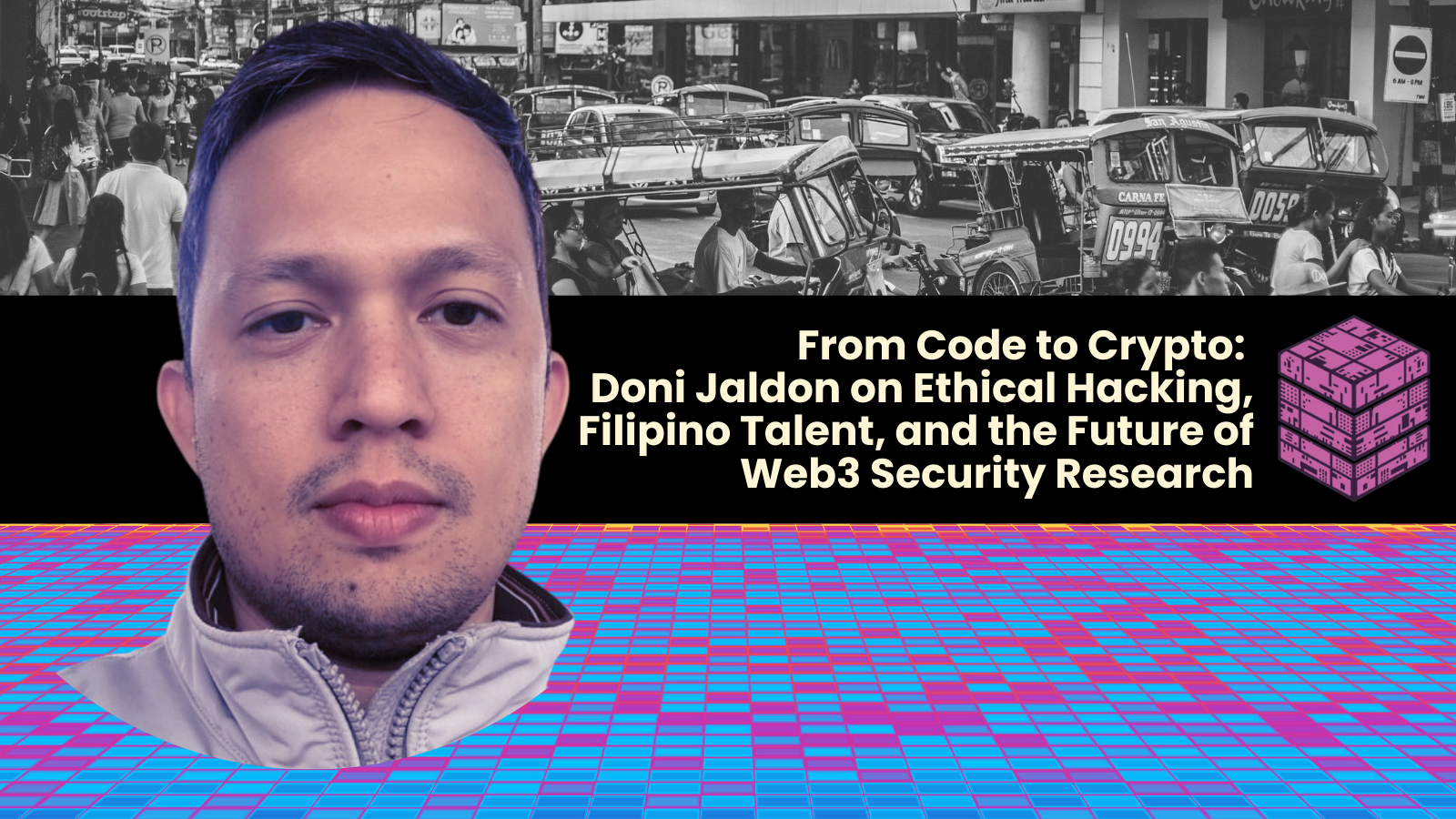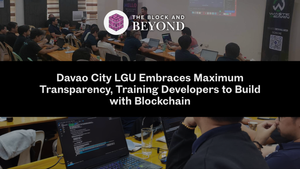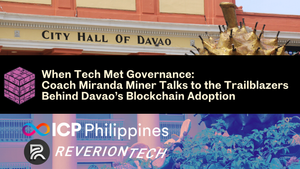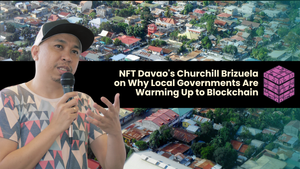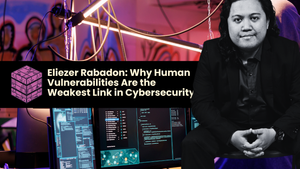The world of Web3 security is high-stakes. Spotting a single vulnerability can mean the difference between protecting millions or losing it all. Yet, for many Filipinos, this growing field remains largely unexplored.
The Philippines has seen massive adoption of crypto, but security remains an afterthought. While many Filipinos have entered the space as traders, gamers, and community managers, very few have ventured into security research.
The question is, why?
With crypto scams, exchange breaches, and smart contract exploits on the rise, the need for Web3 security experts has never been greater.
Web3 security researcher Doni Jaldon has built a career uncovering vulnerabilities in blockchain projects before malicious hackers can exploit them. As a founding member of Blackthorn, a private audit firm, and a lead senior Watson at Sherlock, an audit contest platform, Jaldon is at the forefront of ethical hacking in Web3.
In an exclusive conversation, he shared insights into the rewards, challenges, and opportunities in blockchain security, especially for Filipinos looking to break into the industry.
The High Rewards of Web3 Ethical Hacking
Hacking is often associated with crime, but in Web3, ethical hacking is a high-paying profession. Companies offer large rewards to white hat hackers, security researchers who find vulnerabilities before bad actors do.
Jaldon confirms that Web3 security pays better than its Web2 counterpart.
“I think generally, Web3 security pays well, at least relative to Web2 security, it pays significantly better.”
He adds that the high compensation is enough to prevent most people from switching to black hat hacking. However, state-level actors remain a challenge.
"You can’t stop everyone. Just because of the huge amounts hackers can actually get in Web3, especially if these hackers are like state-level hackers."
For aspiring security researchers, Web3 offers an alternative career path with lower barriers to entry compared to medicine or law. Jaldon explains that even beginners can make $500 dollars from contests, and top researchers can earn six to seven figures. However, despite these opportunities, few Filipinos are joining the industry.
The Filipino Mindset Barriers to Entry in Web3 Security
Despite the potential rewards, Web3 security remains largely unexplored by Filipino professionals. According to Jaldon, this is due to a mix of cultural factors and lack of exposure.
"Filipinos tend to be attracted to easier routes. Doctors and lawyers are high status, while security researchers and developers are not seen the same way."
The industry also lacks visibility in the Philippines. Just last year, Jaldon joined a Web3 security conference in Bangkok and observed that he was the only Filipino there.
Jaldon suggests that many Filipinos gravitate toward trading, gaming, and community building instead of technical roles like security research.
The lack of clear learning paths also discourages newcomers from exploring Web3 security. Unlike traditional careers, cybersecurity in blockchain requires independent learning, as few structured educational programs exist.
Gamified Learning and Web3 Security Contests
One way to bridge this gap is through gamified audit platforms like Sherlock. These platforms lower the barrier to entry by allowing security researchers to compete in contests where they audit real-world smart contracts and earn rewards. Jaldon himself started in these contests, which helped him refine his skills and build his reputation.
"You do not need to spend years studying. Learn Solidity, do some Capture the Flag challenges, and jump straight into contests."
The key, according to Jaldon, is persistence. Improving through repeated exposure and learning from past contests.
Jaldon believes this approach lowers the barrier to entry. Even without prior experience, individuals can join contests, learn from real-world projects, and gradually build their expertise.
By participating in these competitions, newcomers can fast-track their careers without needing formal education in Web3 security.
UX and Security The Weakest Link in Crypto Adoption
Beyond ethical hacking, Jaldon highlights a major problem in Web3. Bad user experience.
"The biggest problem is not necessarily security flaws. It is that UX is so complicated that people do not understand how to secure their wallets or verify safe platforms."
Unlike traditional banking, Web3 platforms often require complex security precautions that the average user may not understand. This creates opportunities for scammers and hackers to take advantage of users who unknowingly expose themselves to risks.
Jaldon argues that the industry must prioritize simplifying the technology rather than relying solely on education. Most people do not have the time or motivation to learn complex crypto security measures while managing their daily responsibilities.
The Path Forward for Filipinos in Web3 Security
To grow the Web3 security space in the Philippines, Jaldon believes that exposure and structured learning opportunities are essential. If given unlimited resources, he would create a six-month training program focused on hands-on mentorship and self-driven learning.
"Most of the learning needs to be self-driven. A mentor should be there to help when you are stuck, but the work has to come from the student."
Doni Jaldon’s insights reveal a landscape full of opportunity but also major gaps in education, awareness, and accessibility. Web3 security offers high-paying careers, but Filipinos have yet to fully explore this industry.
Through gamified contests, independent learning, and better industry awareness, more people can transition into Web3 security. The future of Web3 security is not just about stopping hackers. It is about making blockchain safer, smarter, and easier for everyone to use.
With blockchain technology continuing to evolve, the demand for Web3 security researchers will only grow. Whether through audit contests, mentorship programs, or industry-wide initiatives, the question remains. Will Filipinos step up to claim their place in this emerging field?







